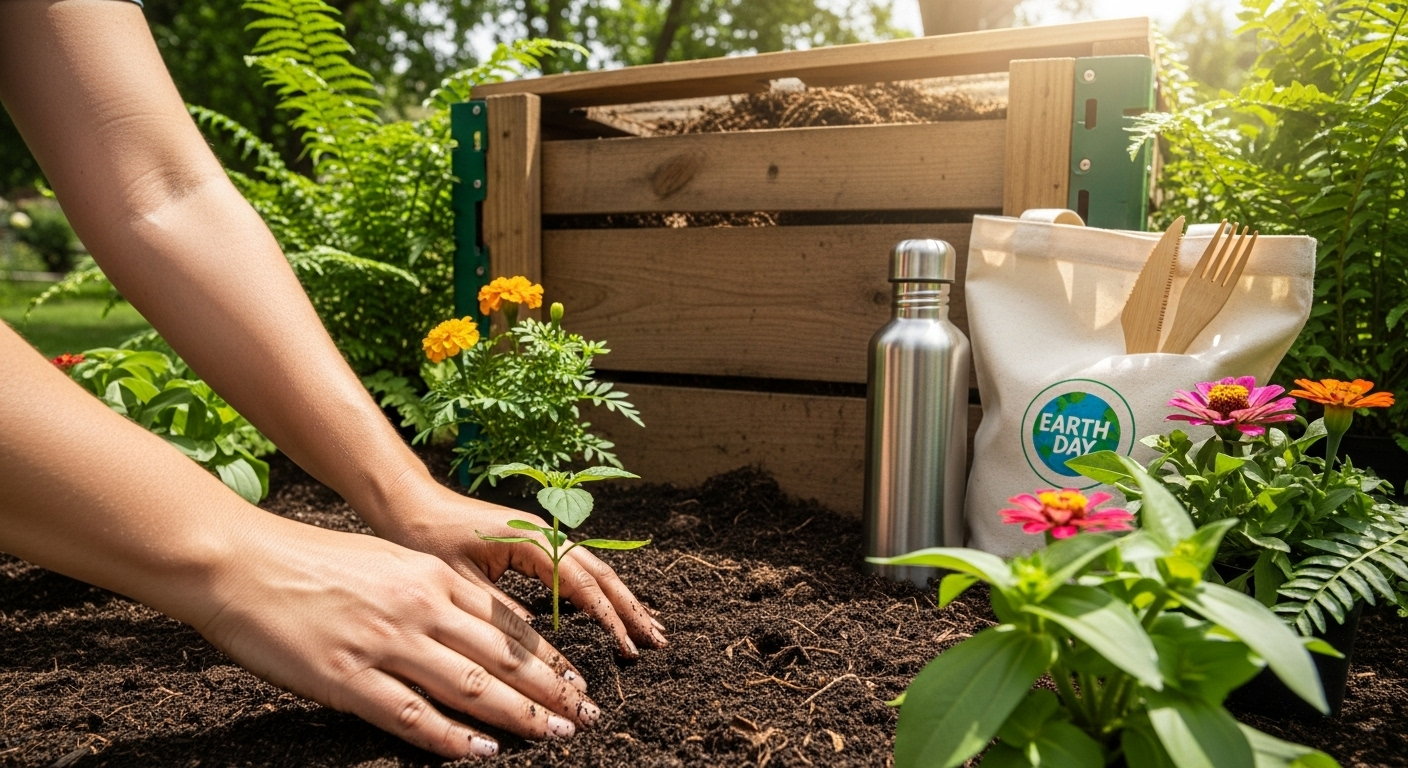Earth Day serves as an important annual reminder, but real environmental change happens through daily commitments and sustained action. The climate crisis demands that we move beyond symbolic gestures to meaningful lifestyle changes that collectively create significant impact.
Reducing plastic consumption starts with simple switches: reusable bags, water bottles, and food containers. These choices eliminate thousands of single-use items from your personal waste stream. The key is making these alternatives so convenient that sustainable choices become automatic rather than effortful.
Composting organic waste transforms kitchen scraps into valuable soil amendment while reducing methane emissions from landfills. Even apartment dwellers can participate through community composting programs or small-scale indoor systems. This practice closes the loop on food waste while enriching local soil ecosystems.
Transportation choices offer some of our biggest opportunities for environmental impact. Walking, cycling, and public transit reduce carbon emissions while improving personal health and community connections. When driving is necessary, carpooling and trip consolidation maximize efficiency.
Dietary shifts toward plant-based meals significantly reduce our environmental footprint. You don't need to become vegetarian overnight - simply incorporating more vegetables and reducing meat consumption creates meaningful change. Local and seasonal eating further reduces transportation emissions while supporting regional farmers.
Energy conservation at home through LED lighting, programmable thermostats, and weatherization improvements reduces both environmental impact and utility costs. These investments pay for themselves while contributing to grid stability and reduced fossil fuel demand.
The environmental movement succeeds when individual actions combine with collective advocacy for systemic change. Personal responsibility and political engagement must work together to address the scale of environmental challenges we face.
